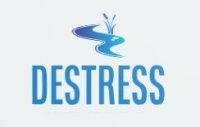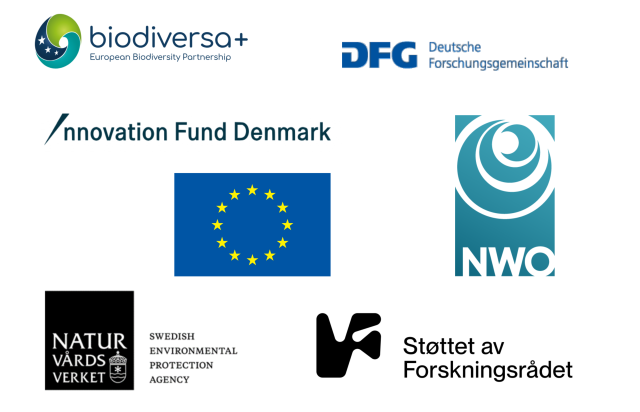DESTRESS
DESTRESS is a synthesis project based on existing monitoring data of European streams and rivers with the overall objective to provide guidance and knowledge to balance freshwater needs between riverine biodiversity and society needs.


About the project
Project name: DEciphering temporal trends and safe operating spaces for river biodiversity within the context of multiple STRESSors (DESTRESS).
Growing human demands for clean freshwater and increasing impacts of climate change put increasing pressure on river ecosystems worldwide. Freshwater biodiversity is in addition further threatened by cumulative impacts of multiple additional stressors such as pollution from hazardous chemicals. We find ourselves in the situation where we are currently unaware of how these stressors influence biodiversity change points. In other words, we do not currently know exactly how much and how clean freshwater resources should be in order to avoid further biodiversity loss in stream and river ecosystems.
DESTRESS is a synthesis project based on existing monitoring data of European streams and rivers with the overall objective to provide guidance and knowledge to balance freshwater needs between riverine biodiversity and society needs. The synthesis work will be facilitated through the synthesis centre AquaSync. The Biodiversa+ DESTRESS project will co-create together with actors along the water-supply chain an operational concept and an actionable guidance that will assist water managers, industry, and policy makers in estimating these water quantity and quality needs.
Long-term biodiversity datasets
To analyse and identify temporal trends in European stream biodiversity, DESTRESS will utilise a highly unique time-series dataset (1968-2020, average 15 years of sampling) comprising stream invertebrate data for >2,000 sites across 23 European countries. The temporal biodiversity trends will also be linked to simulated hydrological regimes for a subset of the sites and to existing European data on modelled exposure of toxic contaminants to analyse pressure-response relationships. It is within this context that we will identify biodiversity change points along the existing gradients of hydrological and contaminant stressors. These pressure-response relationships will then be applied to define, together with key stakeholders, the 'safe operating spaces' (SOS) concept for riverine biodiversity in the context of water quality and quantity requirements.
A co-creation process
Through collaboration with key stakeholders, the concept of 'safe operating spaces' (SOS) SOS will be applied to relevant case study examples to understand management, end-user, and legislative requirements for the SOS concept. As an end-product of DESTRESS, the actionable guidance will enable evidence-based decision making on freshwater consumption, supply, and treatment to balance water quantity and quality needs between freshwater biodiversity and society needs.

 Susanne Claudia Schneider
Susanne Claudia Schneider
 Paulina Ramirez-Monsalve
Paulina Ramirez-Monsalve
 Jannicke Moe
Jannicke Moe
 Jesper Andersen
Jesper Andersen
 Ciaran Joseph Murray
Ciaran Joseph Murray
